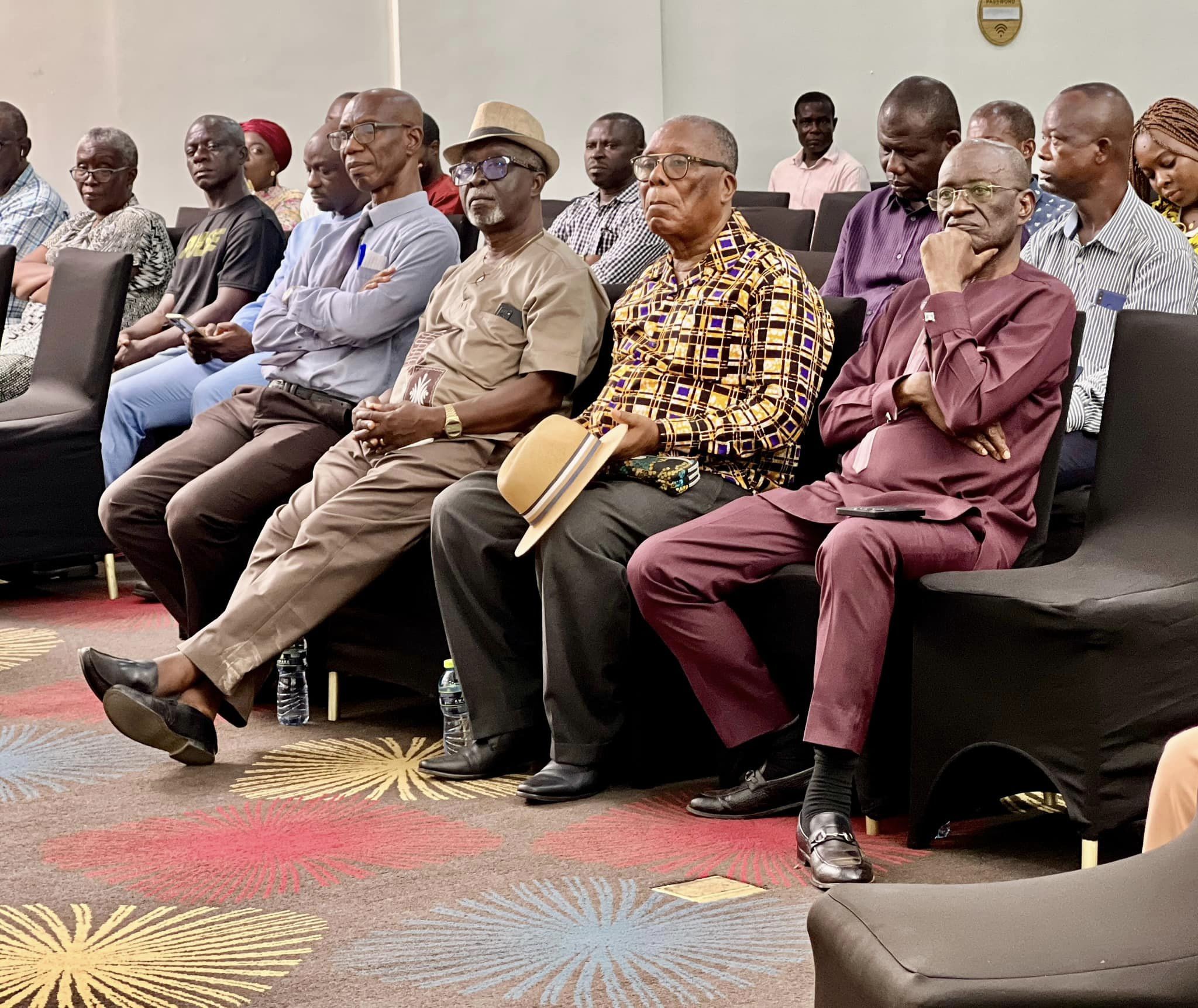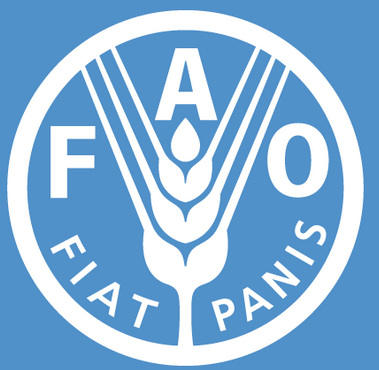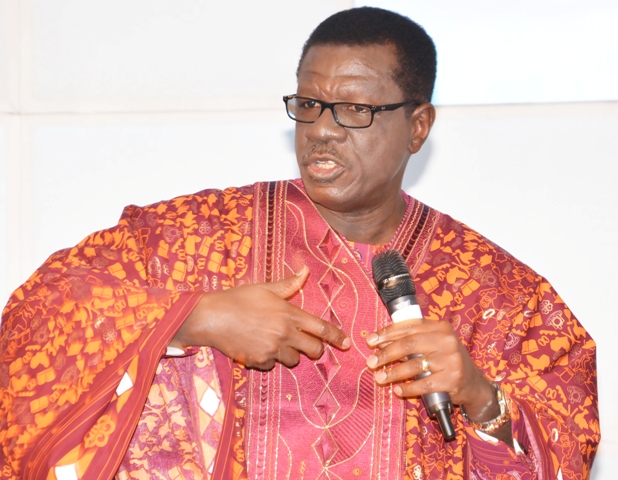
By Abdul Hayi MOOMEN
University for Development Studies (UDS) has proffered solutions for transforming sheep and goat farming in arid and semi-arid zones to boost productivity and maintain high nutrition.
Dean, Faculty of Agriculture, Food and Consumer Sciences, Prof. Terry Ansah, in a presentation at the university’s 19th inaugural lecture, highlighted the peculiar nature of arid zones, exploring the challenges and innovative solutions for sheep and goat farming in Ghana’s dry vegetation areas.

The lecture, delivered on the topic ‘Feeding the Future: Transforming Sheep and Goat Farming in the Arid and Semi-arid Zones through Innovative Feed Solutions’, demonstrated how to integrate improved feeding systems, enhance livestock management practices and implement policy-driven interventions to ensure the success of small ruminant farming in Ghana’s arid vegetation areas.
Prof. Ansah elaborated that livestock farming is a critical part of the economic activities of the people of northern Ghana and contributes over 70 percent of the total livestock consumption demand of the country. However, the nutritional feed gap worsened by seasonal fluctuations in feed availability and quality.
“During the dry season, the sharp decrease in biomass yields from pastures reduces the nutrients available to livestock. This feeds scarcity negatively affects the growth and productivity of sheep and goats, ultimately threatening the sector’s contribution to food security,” he stated.
He explained that the reliance on natural pasture, combined with competing land-use demands, exacerbates the situation, especially as grazing lands are shared with crop farmers, leading to conflicts over land use.
To address this, Prof. Ansah emphasised the importance of integrating indigenous forage varieties and browse plants into small ruminant feeding systems.
“Research has shown that species such as Pennisetum purpureum (C. purpureus), Pearl millet (P. glaucum) and Brachiaria (B. GPO423) offer substantial benefits; and these varieties provide high biomass yields, crude protein content and total digestible nutrients (TDN) – all of which are essential for supporting livestock growth in areas with limited feed availability”, Prof. Ansah iterated.
Prof. Ansah said these groups of species offer higher nutritional values, particularly in terms of protein, which is critical for maintaining livestock health and productivity.
“When selecting the best forage for a given environment, factors such as yield consistency, seasonal availability and cost-effectiveness must be considered. These forages can significantly enhance livestock productivity, especially in regions with fluctuating feed availability,” he said.
He emphasised the role of supplementary feed options, including crops like groundnuts, cowpeas and pigeon pea residues, which offer additional sources of nutrition for livestock in addressing the nutritional gap, thereby boosting small ruminant farming in Ghana.
Prof. Ansah further stressed the need for strategic investments in feed production, research and youth entrepreneurship, as well as policy-driven intervention, saying: “By addressing feed scarcity and improving livestock nutrition, Ghana can unlock the full potential of its small ruminant farming systems. Such actions will not only improve livestock productivity but also contribute to food security, poverty reduction and sustainable agricultural development”.
Include agric colleges in allowances
The UDS inaugural lecture series also called on the government to include students of agricultural colleges as beneficiaries of the ‘trainee allowances’ scheme to encourage more qualified individuals to enrol in agricultural education.
Referring to the 2025 national budget, it was noted that while teachers and nursing trainees were included, agricultural trainees were conspicuously absent from the budget.
The event brought together professors, university administrators, lecturers and traditional rulers from Nyankpala, Dalun, Sakoya, Satingli and Kpaling. Others included the clergy members, primarily from the Baptist Church in Tamale, the Ghana Scripture Union, students, representatives from the security agencies, principals of Colleges of Education and media personnel.
The significance of the inaugural lectures in academia
Vice Chancellor of UDS, Prof. Seidu Al-Hassan, said the ceremony marks a key milestone in the academic journey of a scholar and symbolises their formal induction into the ranks of professors.
At UDS, the inaugural lectures provide an opportunity to celebrate the intellectual contributions of its faculty members and present their research to the broader academic and public community.
He reiterated the commitment of the university in producing quality products for the job industry while the university management undertakes research activities to contribute to the national economy.
The post 19th UDS inaugural lecture proffers solutions to animal farming in arid zones appeared first on The Business & Financial Times.
Read Full Story






















Facebook
Twitter
Pinterest
Instagram
Google+
YouTube
LinkedIn
RSS